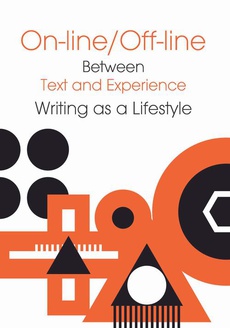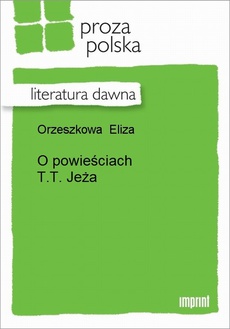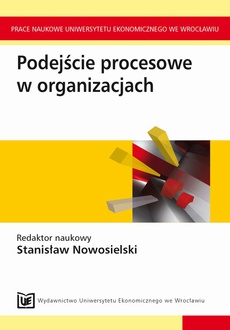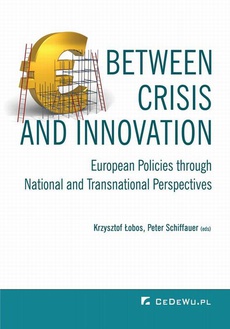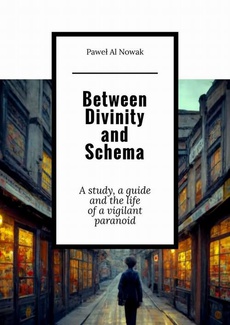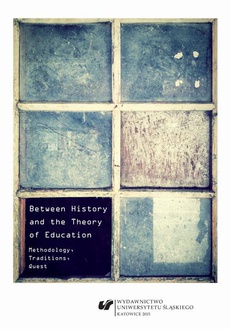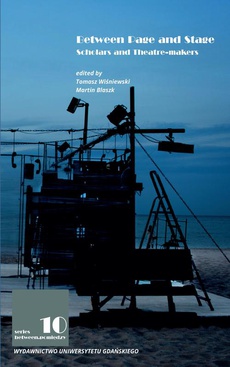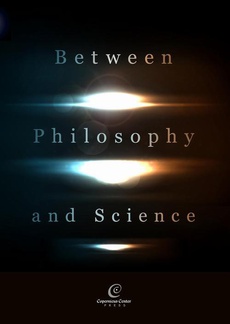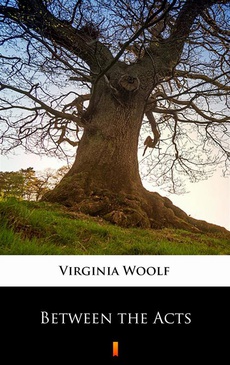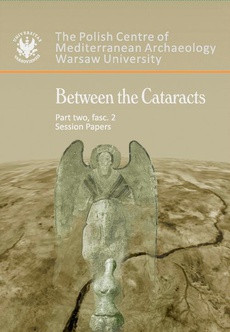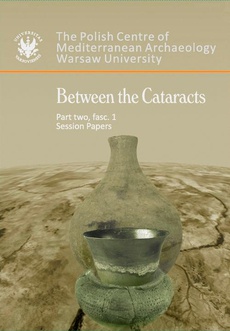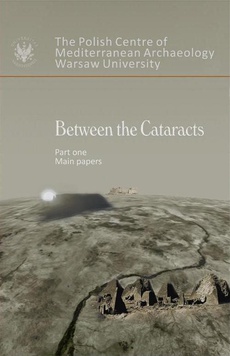POLECAMY
On-line/Off-line. Between Text and Experience Writting as a Lifestyle
Wydawca:
Format:
ibuk
In times of rapid technological change, enthusiasts of the new often subscribe to the theory of “supersession,” the idea that newer technologies supersede or vanquish older ones. But as scholar of information Paul Duguid has observed, reality is mare interesting and complicated than that. In the 1950s, for instance, when television was becoming popular, there were widespread predictions of radio’s imminent demise. Yet here it is 2015 and radio is not only very much a live but has thrown off vibrant digital doppelgängers of itself, in the form of internet radio stations and podcasts. So it goes for all of human culture: There is really no predicting where it will go next. As the articles in this collection make clear, this is especially true of writing in our time, when old and new, on-line and off-line, are mixing, mashing up and recombining so prolifically, no single theory could ever explain it all, let alone foretell its evolution. So it’s fitting that what we have in this volume is not a collection of definitive, supersession-like answers, but a multiplicity of fascinating questions explored in depth. Are microblogs a new literary genre? What happens when Japanese haiku leap across cultures? Is writing inherently an act of individuality, as we tend to believe, or is that idea just “a fruit of modernity”? Such questions will swirl around us for decades to come, and to make our way forward we will need intellectual roadmaps with the wide-ranging curiosity, et al.
| Rok wydania | 2015 |
|---|---|
| Liczba stron | 403 |
| Kategoria | Publikacje darmowe |
| Wydawca | Wydawnictwo Uniwersytetu Łódzkiego |
| ISBN-13 | 978-83-7969-822-6 |
| Numer wydania | 1 |
| Informacja o sprzedawcy | ePWN sp. z o.o. |
Ciekawe propozycje
Spis treści
| Editors’ Introduction | 8 |
| ON-LINE/ OFF-LINE | 18 |
| Ewa Szczęsna: Literate Existence in the Digital Space. Contemporary Traces of Identity | 20 |
| Marta Rakoczy: Text, Writing, School in Anthropological Perspective | 36 |
| Lidia Gąsowska: The Practice of Writing Fan Fiction: A Fan Fiction Writer’s Tutorial | 50 |
| Agnieszka Oberc: I Write. You Write. They Write. The Literary Works of Fandom as a Factor in Integrating the Community | 64 |
| Karolina Sidowska: Approaches Towards Shame in Contemporary Polish Literature | 76 |
| Bartosz Kałużny: People You May Know: Homosexual Men’s Identity in the Time of Social Networking Services. | 90 |
| Dobrawa Lisak-Gębala: Contemporary Polish Essays: In Search of the Aura of Paintings and Photographs | 116 |
| Irena Chawrilska: The Hybrid Work of Art as Experience | 134 |
| Agnieszka Karpowicz: Reincarnations of the Word: Media, Genres, Practices | 152 |
| LITERATURE AND CONVERGENCE | 168 |
| Ewa Szczęsna: Poetics in the Age of Convergence | 170 |
| Maciej Maryl: Convergence and Communication: Genre Analysis of the websites of Polish Writers | 190 |
| Katarzyna Sitkowska: Towards a Generic Analysis of the Microblog (Based on a Study of Twitter) | 210 |
| Irena Chawrilska: How Does the Hybrid Work of Art Exist? | 238 |
| Irena Górska: Liberature in Relation to the Reconfiguration of Aisthesis | 256 |
| Magdalena Lachman: Literature in/of the City – Introductory Comments | 272 |
| Natalia Lemann: Literary Studies, History and Popular Culture – the Spaces of Convergence. Introduction | 294 |
| Katarzyna Gutkowska-Ociepa: Afterpop: the Almost Perfect Convergence | 322 |
| Beata Śniecikowska: Transcultural Convergence? Polish Poets and Artists and the Oriental Verbo-visuality | 340 |
| Bogusława Bodzioch-Bryła: From an E-narrative Poem towards an Interactive Work of Art Media Convergence Illustrated with DOWN by Zenon Fajfer and The Surprising Spiral by Ken Feingold | 372 |
| Bibliographical notes | 402 |

